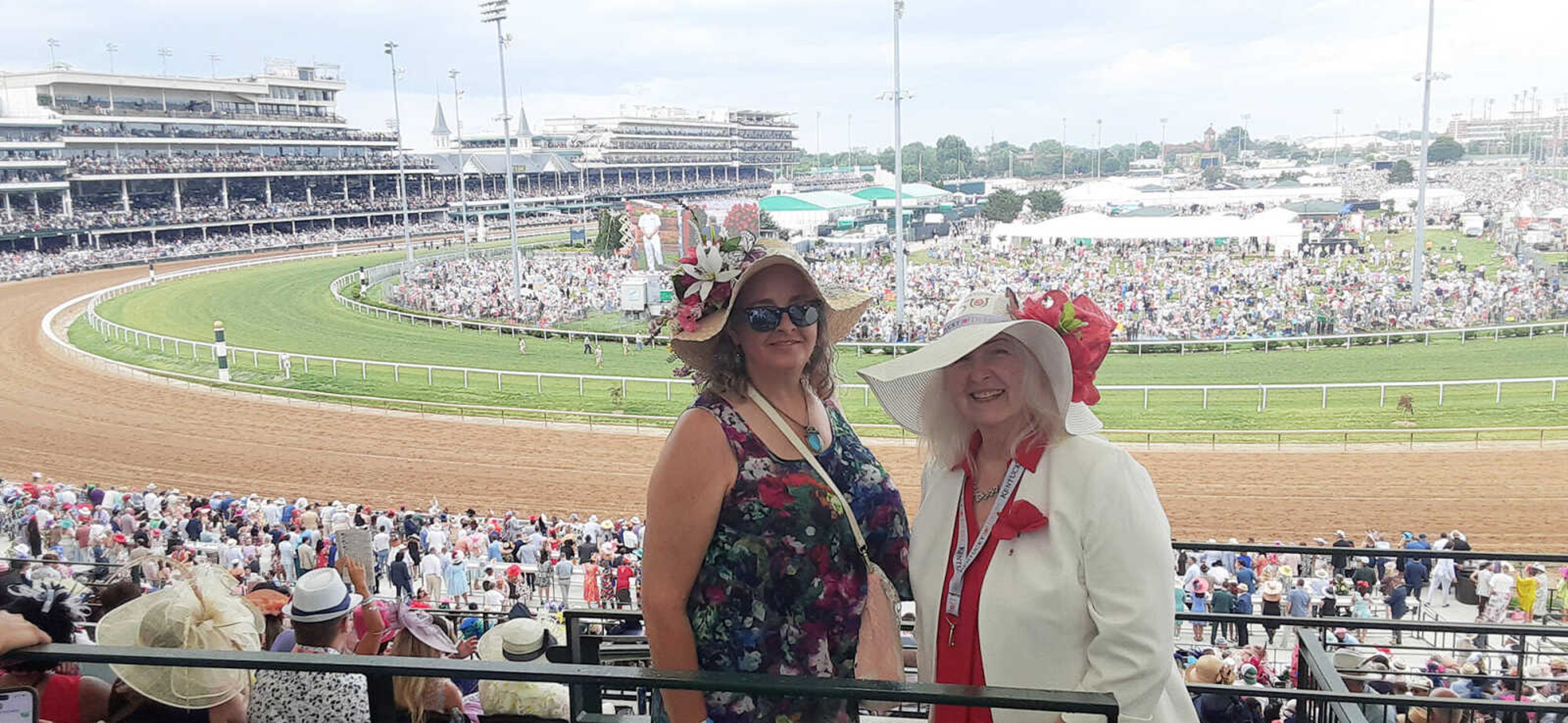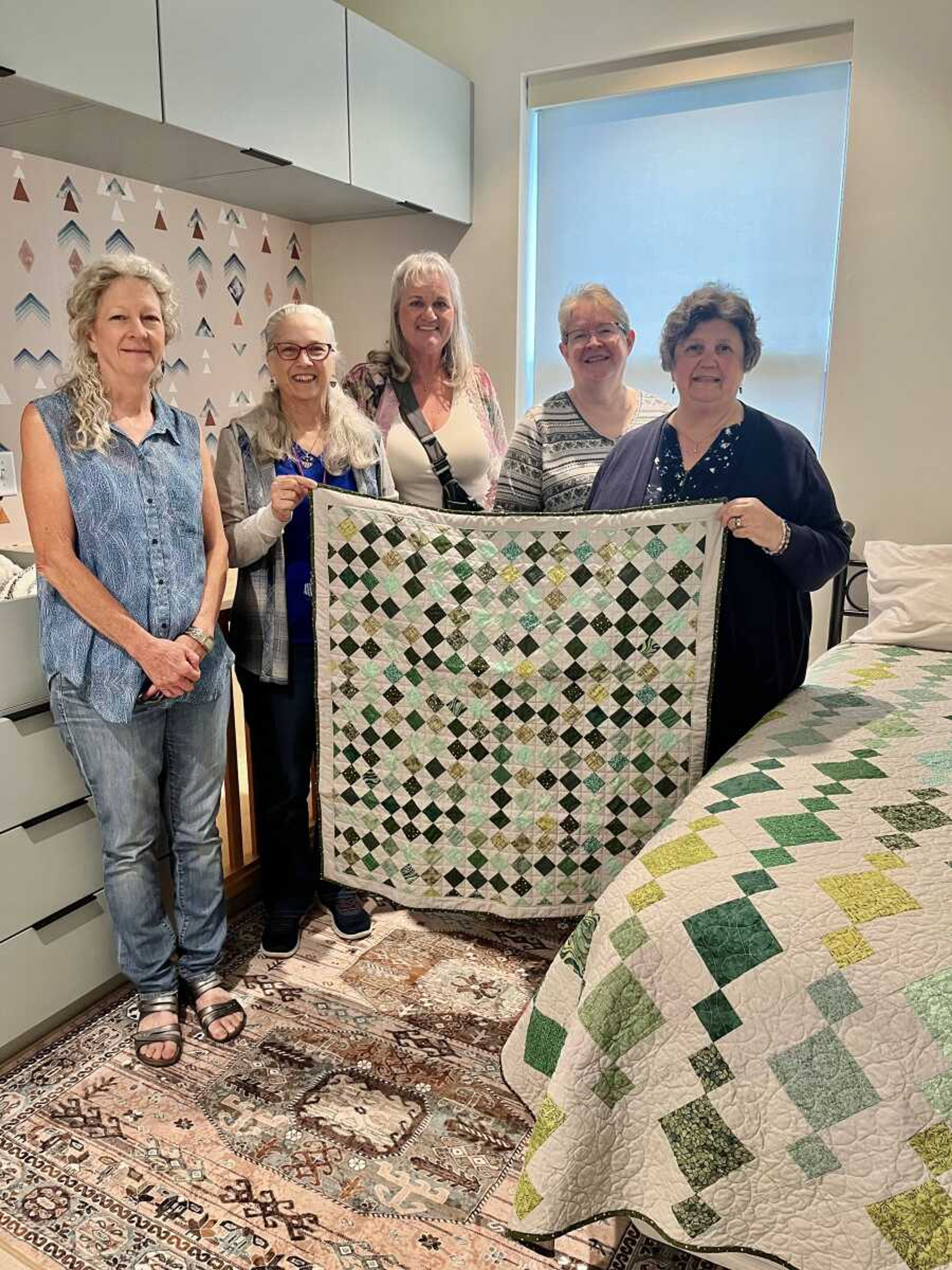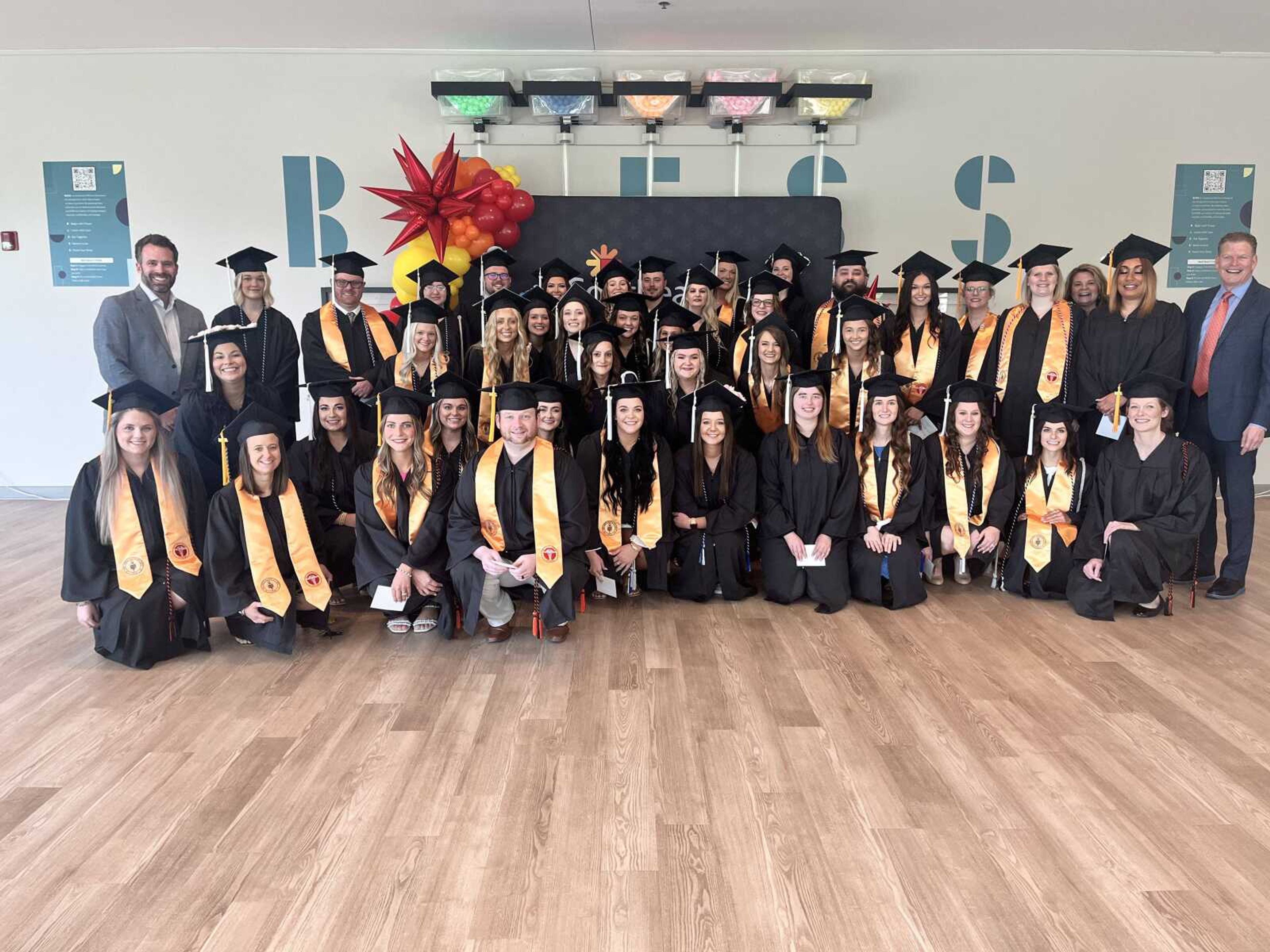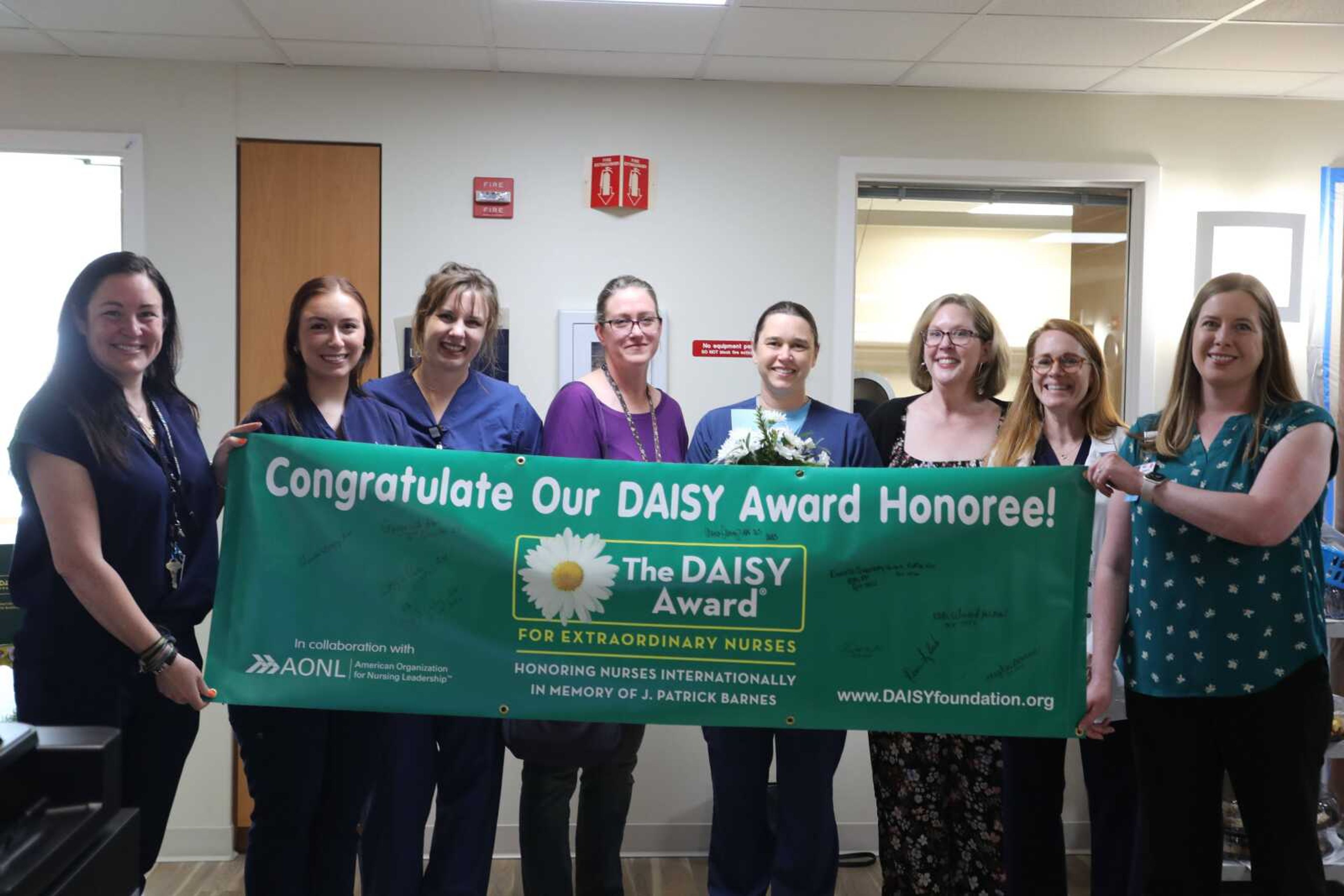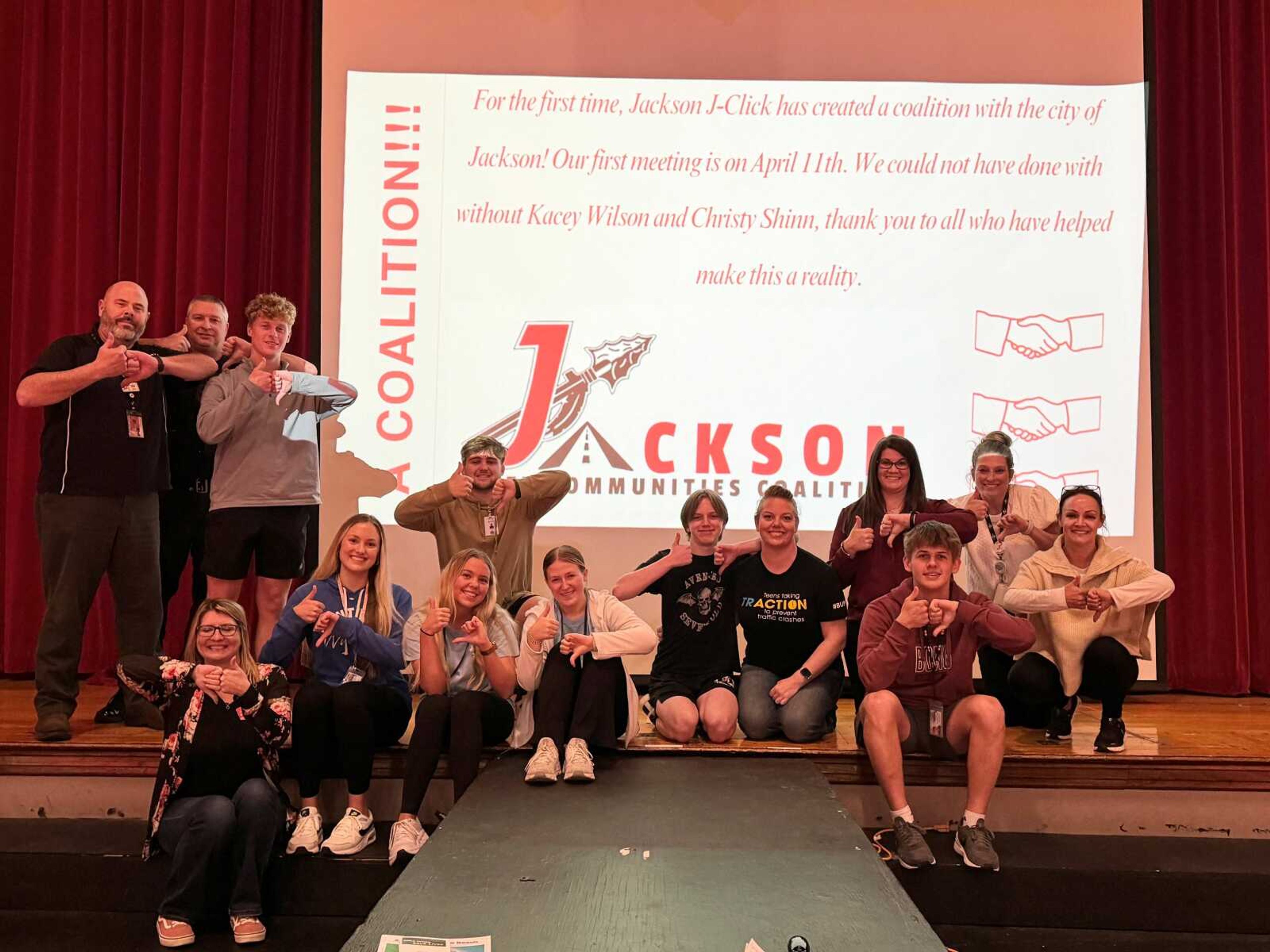Yellow Ribbon event helps Guard Soldiers reintegrate after deployment
ST. LOUIS, Mo. -- Sgt. Darrin Davis went to the recent Yellow Ribbon event in St. Louis with low expectations -- he thought it was going to be a series of "typical Army classes" that offered little applicable information for National Guard Soldiers who recently returned from overseas deployment...
ST. LOUIS, Mo. -- Sgt. Darrin Davis went to the recent Yellow Ribbon event in St. Louis with low expectations -- he thought it was going to be a series of "typical Army classes" that offered little applicable information for National Guard Soldiers who recently returned from overseas deployment.
He left after the three-day event with quite a different impression.
"There was just a ton of information that I never knew was out there," said Davis, who serves with the 1st Battalion, 106th Assault Helicopter Battalion at Fort Leonard Wood, which returned from Iraq in May. Davis also works full-time in the Guard armory in Cape Girardeau.
Davis was one of more than 250 Citizen Soldiers and Family members who recently attended the Yellow Ribbon reintegration event at St. Louis' Hyatt Regency Hotel from Aug. 7-9. The Yellow Ribbon events are intended to provide Missouri National Guardsmen and their Families access to reintegration training and valuable resources for them to transition to civilian life.
Briefings were held throughout the event with emphasis on financial planning and readiness, legal issues, Veterans Affairs programs, Tricare military insurance, chaplain support, marriage and Family enhancement programs, Army benefits, and employer support. In addition to the 106th, Soldiers from the 185th Aviation and 1175th Military Police also participated.
State chaplain Col. Gary Gilmore said the year-old Yellow Ribbon program does for newer veterans what veterans of prior wars never received -- intense follow-up and direction for where to go and who to contact about many needs that a returning Soldier might have.
"The big change is that we actually track guys when they come back home from deployment," Gilmore said. "After World War II, they had six-to-eight weeks on ship to be together and process everything they'd been through. In Iraq, you come home on a pass and you're at your house a-day-and-a-half later. It's a real culture adjustment."
Gilmore said that the sudden change in environment from war zone to the civilian world can be jarring and the Yellow Ribbon event is intended to let the Soldiers know that whatever resources they need are available, from marriage counseling to workforce reintegration.
"We don't want our guys to be blind-sided," he said. "We realize today it's an abrupt transition."
Plus, it's a real benefit to have the many agencies on-hand at one site for what Gilmore has repeatedly called "one-stop" shopping.
"If had to go talk to somebody individually or seek them out on the Internet, it could take hours and hours," he said.
And several of the seminars Gilmore conducted were about relationships, such as the Family bonding and suicide prevention classes.
"We're about asking the tough questions," he said. "It's not an easy thing to look a fellow Soldier in the eye and say: Are you all right?"
Maj. Scott Zimmerman, the Yellow Ribbon officer in charge, said there's an emphasis across all branches in the military, which is reflected in a recent name change to the Department of Defense Yellow Ribbon Reintegration Program.
"That gives an indication how important this program is," he said.
Zimmerman agreed that Soldiers from prior conflicts were "pretty much just let loose" after the war was over.
"The veteran was thanked for his service and let out on the street," he said. "That doesn't happen anymore."
Feedback from the events has been very positive, he said. But some suggestions from Soldiers during after action review statements have caused program organizers to make changes.
"The program looks completely different than it did a year ago," he said. "We are figuring out what works and what doesn't. We are continually tinkering with the format of the event. We are trying to address all of their needs. A single Solider has different needs than a married Soldier. Some have children, some don't. So we know not every Soldier is facing the same problem when he or she gets home."
The program seems to be working, according to Guardsmen talked to throughout the weekend.
"It's about making sure that we're up to par when we get home," said Spc. Paul Tang of the 1175th Military Police Company in St. Clair, Mo. "I really haven't had much problems, but I've heard some guys talking about how hard it is when they get back. So I'm sure they're glad that they're having this chance to get all this information."
For more information about the Missouri National Guard, please call 1-800-GoGuard or visit www.moguard.com.
Connect with the Southeast Missourian Newsroom:
For corrections to this story or other insights for the editor, click here. To submit a letter to the editor, click here. To learn about the Southeast Missourian’s AI Policy, click here.


